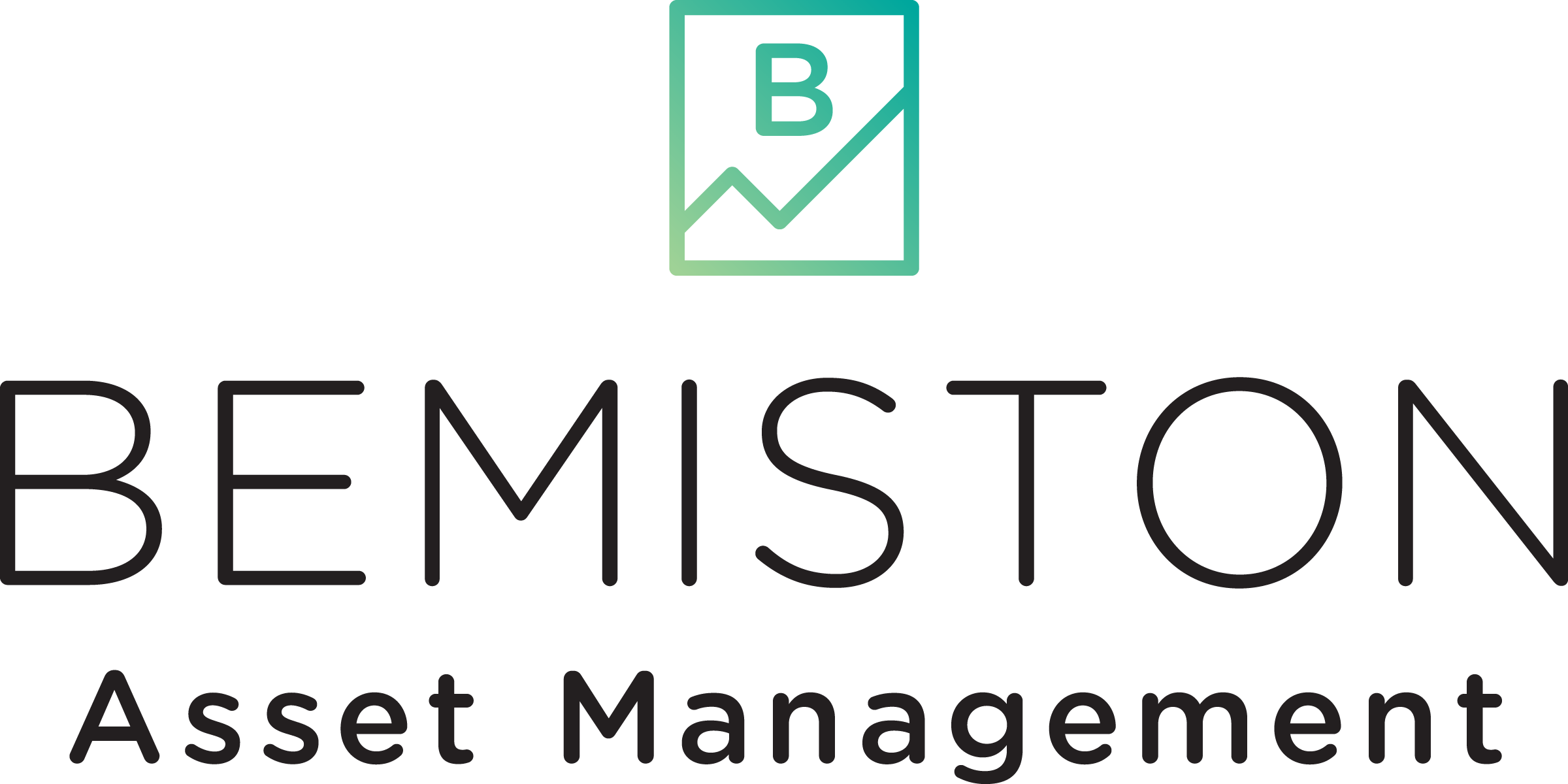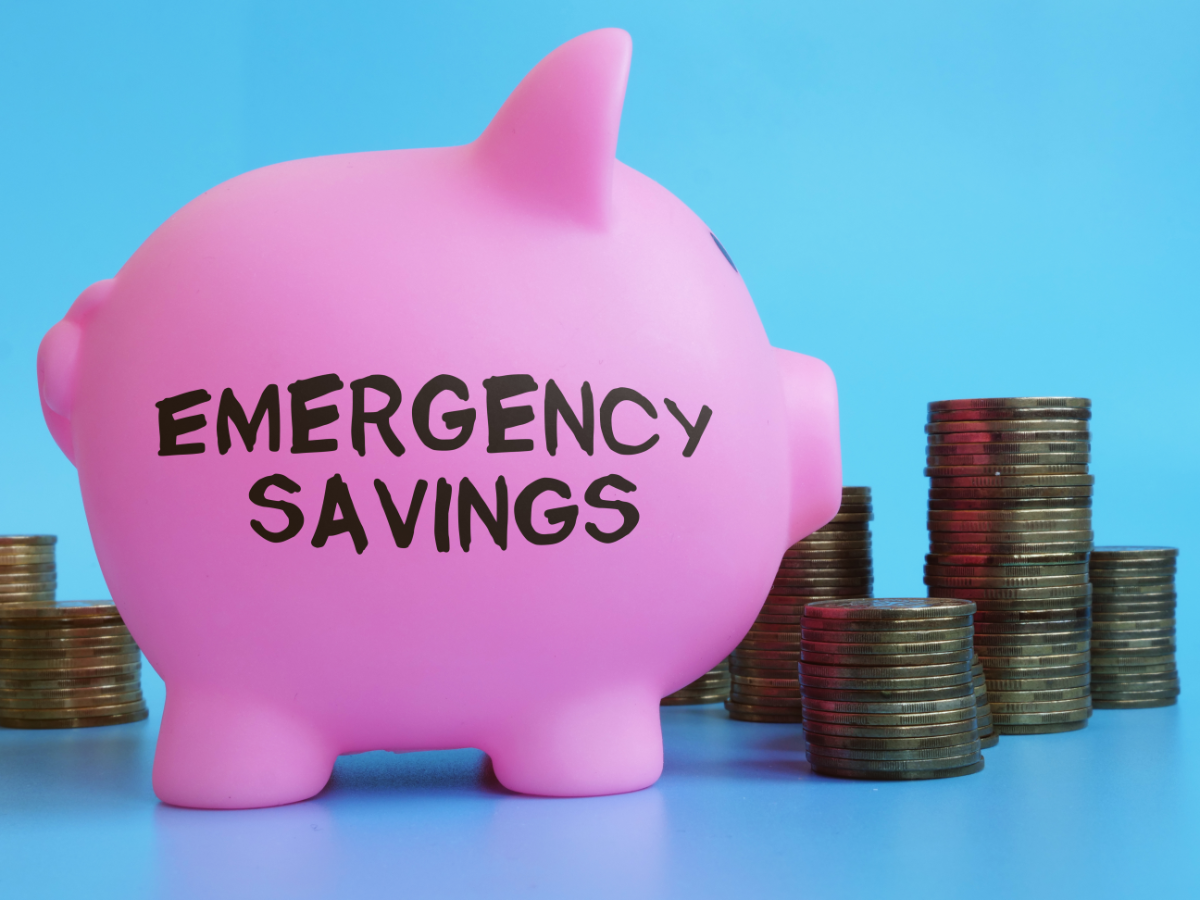What is an emergency fund?
An emergency fund is a reserve of savings used expressly for unplanned expenses or financial distress. Whether medical bills or a car repair, an emergency fund is a cushion that absorbs those unexpected expenses. Ideally, an emergency fund will keep you from raiding your retirement savings or, worse, taking on credit card debt.
The importance of an emergency fund
Taking on debt for an emergency can be catastrophic. Individuals struggling to recover from a financial crisis have fewer savings for the next. Financial setbacks can put other savings goals such as home purchase, college savings, and retirement further behind. Even minor, recurring financial incidents can cause individuals to fall into a debt spiral from which they cannot quickly recover.
How much should you save in your emergency fund?
Three to six months’ expenses are the safest rule of thumb from financial experts, but the amount you need for an emergency fund depends on your situation.
- The more variable or uncertain your income, the more money you will need in your emergency fund. For example, service workers and self-employed people will need a larger emergency fund than salaried office workers.
- The harder it is to replace your income, the larger your emergency fund needs to be. For example, it is easier for a nurse to find a job in a nursing shortage than a coal miner after the only mine in town closes.
- Ongoing health issues or declining health for you or a family member would also require a more significant allocation to an emergency fund.
- Older vehicles and homes are more prone to repairs beyond standard maintenance and will require a more considerable emergency fund.
- The more uncertain your financial situation is, the larger your emergency fund should be.
Building an emergency fund
Once you set a target amount for your emergency fund, it is time to start building it. The easiest way to start building your emergency fund is to set up a savings account where a small portion of your paycheck goes every pay period. Even if you have limited or variable income, you can set aside small amounts of cash to develop your emergency savings incrementally.
What can you use as an emergency fund?
After establishing the amount you need for your emergency fund and building some savings, you can focus on where you save. While your emergency fund should include some cash in a savings account, you should be using some other accounts to maximize value.
Savings account
Using a standard bank savings account is a straightforward way to save for emergencies. It is easy to set up and easy to access. However, savings accounts are a terrible way to build wealth, as the interest rates are laughably low. Use them to keep a small buffer, but you are better off saving elsewhere.
- Easiest to set up and easiest to access
- It offers virtually no return and will underperform inflation.
Health Savings Account for an emergency fund
Health Savings Accounts are available to those with high-deductible health care plans to save for healthcare-related costs. The plans are triple-tax-deductible, but you may only allocate the savings to healthcare-related expenses. I am a huge proponent of using an HSA for creating wealth and its use as an emergency cash cushion.
- HSAs allow for tax-deductible contributions, tax-deferred earnings, and tax-free distributions for covered expenses.
- The primary downfall of an HSA is that distributions for non-medical purposes are taxable, and you may receive a penalty from the IRS.
- The 2023 HSA contribution limits are $3,850 per individual and $7,750 for a family, increasing slightly from 2022. There is an additional $1,000 catch-up contribution for those 55 or older.
Using a Roth IRA as an emergency fund
One of my many “hot takes” as a financial advisor is that Roth IRAs can be an excellent way for young(ish) professionals to maximize their wealth while building a cushion for emergencies. Going further, I think using a Roth IRA as an emergency fund is the most potent option for emergencies.
I know what you are thinking “Isn’t there a penalty for withdrawing from Roth IRAs early?” Not necessarily. The critical thing to remember about Roth IRAs is that contributions are from after-tax dollars. It is the earnings that are taxable. There are no penalties for withdrawing your contributions from a Roth IRA.
- Roth IRAs allow for a higher rate of return via investment selection.
- You can use contributions for any emergency; car repair, home repair, healthcare, insurance shortfall, etc.
- Increasing for 2023, Roth IRA contributions are $6,500 (up $500), with an additional $1,000 catchup provision for those over 50.
Using 401(k) or IRA as an emergency fund
One of the biggest reasons to have an emergency fund is to avoid dipping into your most critical savings. You should not use your traditional IRA or 401(k) for emergencies. Withdrawing from conventional retirement accounts is taxable, and you will incur a penalty if you are below retirement age.
Using a credit card for emergencies
Perhaps the most crucial reason for having an emergency fund is to avoid high interest rate debt. Credit cards carry interest rates of around 20%, which is impossible to sustain. Going into debt, particularly credit card debt, for an emergency will put you behind and make it more likely you will need to go further into debt for the next crisis.
It can take a few days to get the cash from a Roth IRA or some other accounts, so it could make sense to cover emergency costs with a credit card. It might even be better if your card offers points on certain purchases. However, it is still crucial that you use your emergency funds to cover the credit card bill before the interest starts working against you.
Starting an emergency fund and wealth building do not have to be mutually exclusive. Health Savings Accounts and Roth IRAs allow you to save for an emergency while investing for your future financial goals.

